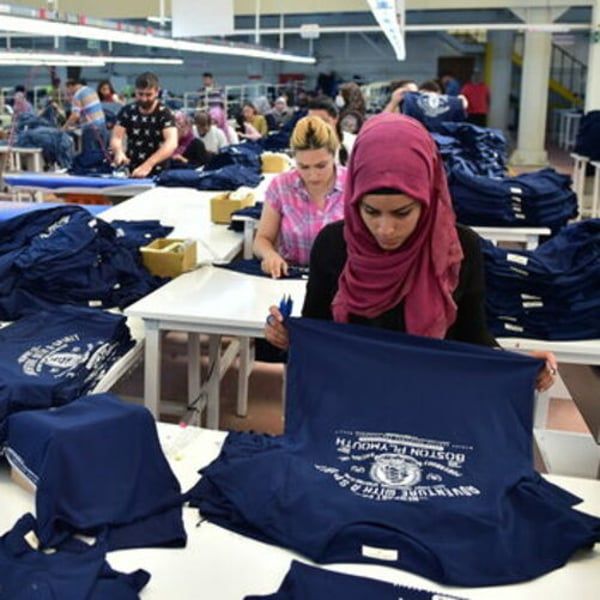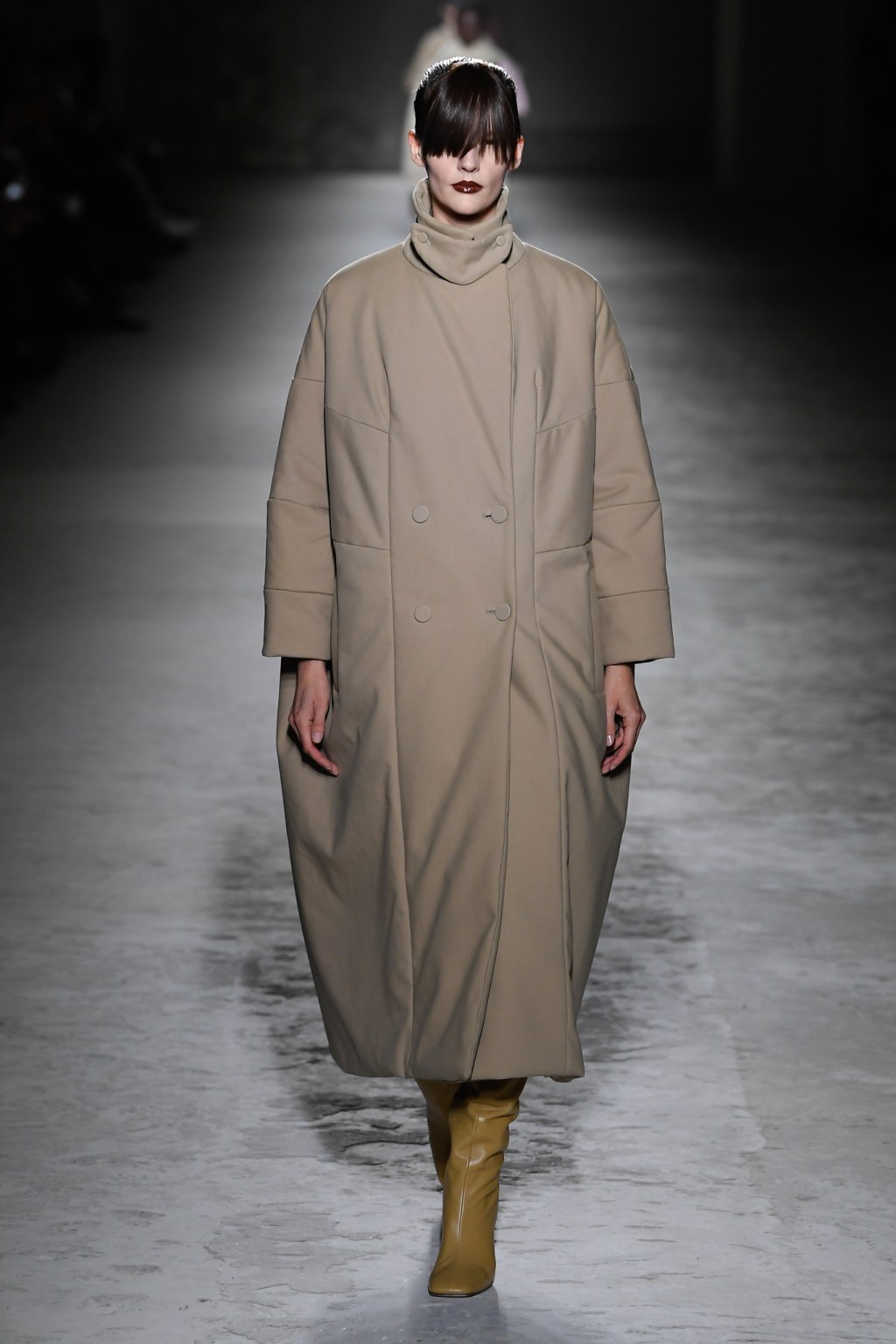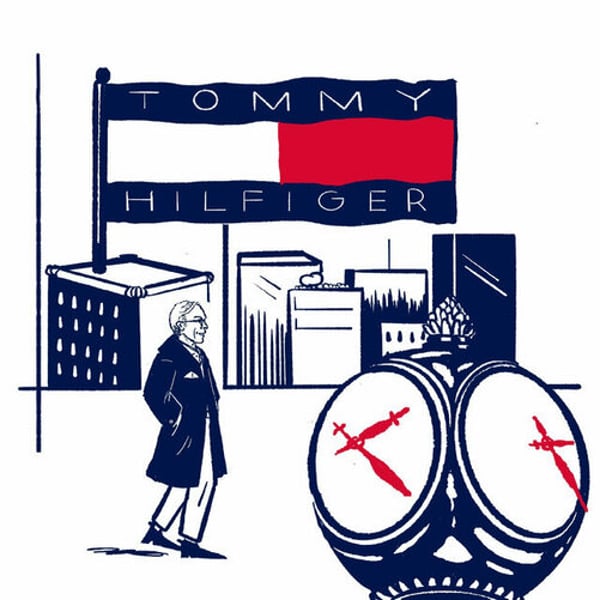Translated by
Roberta Herrera
Published
February 1, 2024
Facing competition from Asian nations, Turkish apparel exporters are determined to prioritize sustainability in their efforts to captivate European and American brands. They urge these brands to no longer consider price as the only criterion.
This position was expressed by the Istanbul Garment Exporters Association (Ihkib) during the conference “The Transformation Journey of Turkey's Garment Industry” held on January 9 in Istanbul. Among the notable attendees were Dirk Vantyghem, general director of the European textile confederation Euratex, and representatives of prominent international brands.
“Turkey is one of the two countries, along with China, where every component, from the fiber to the finished product, is integrated into the supply chain,” highlighted Mustafa Gültepe, president of İHKİB and the Turkish Exporters' Assembly (TIM). ).
“We recognize the imperative to incorporate sustainability into our existing advantages. Compliance, competitiveness and sustainability criteria are of profound importance. We must align with environmental, social and governance standards, remain competitive in terms of prices and integrate seamlessly with the sustainable development.,” he continued.
This unwavering commitment to transitioning to more sustainable production aligns with a clear goal set by the industry: raising local apparel exports from $20 billion to $40 billion. This is a substantial objective for a country that represents between 3% and 5% of global exports in the sector. Furthermore, this objective can only be achieved with the support of European orders, which represent 60% of the sector's exports, in addition to approximately 15% of exports to the United States.
In 2022, Turkey ranked as the 10th largest supplier of textiles and clothing to the United States, with goods valued at $2.8 billion. In particular, the country ranked as the third supplier of clothing to the EU, with a value of 21.8 billion euros, and the second supplier of textiles, after China, with a value of 6.1 billion euros. euros.
Despite its privileged (and duty-free) access to the EU market, Turkey was not immune to dwindling orders from inflation-struggling Europe last year. In parallel, at the end of November, the country chose to increase customs duties on hundreds of textile products, ranging from 30% to 100%, in a concerted effort to support its yarn and fabric manufacturers. This decision has raised concerns among local garment manufacturers, who fear a loss of competitiveness due to the rising cost of materials.

In this complex context, local industrialists are betting on sustainability to ensure the growth of Western orders.
“Quality embodies inherent value and value carries a corresponding cost,” Gültepe said.
“Therefore, we firmly believe that the global brands we have collaborated with for years should not approach this issue simply through the narrow lens of pricing. As with production, our collaborations must rest on a firm foundation of sustainability”.
The Turkish textile and clothing industry, which benefits from its duty-free access to the European market, operates through approximately 45,000 companies, contributing to the creation of around 2 million jobs and exporting at a rate of 60%. .
Copyright © 2024 FashionNetwork.com All rights reserved.












